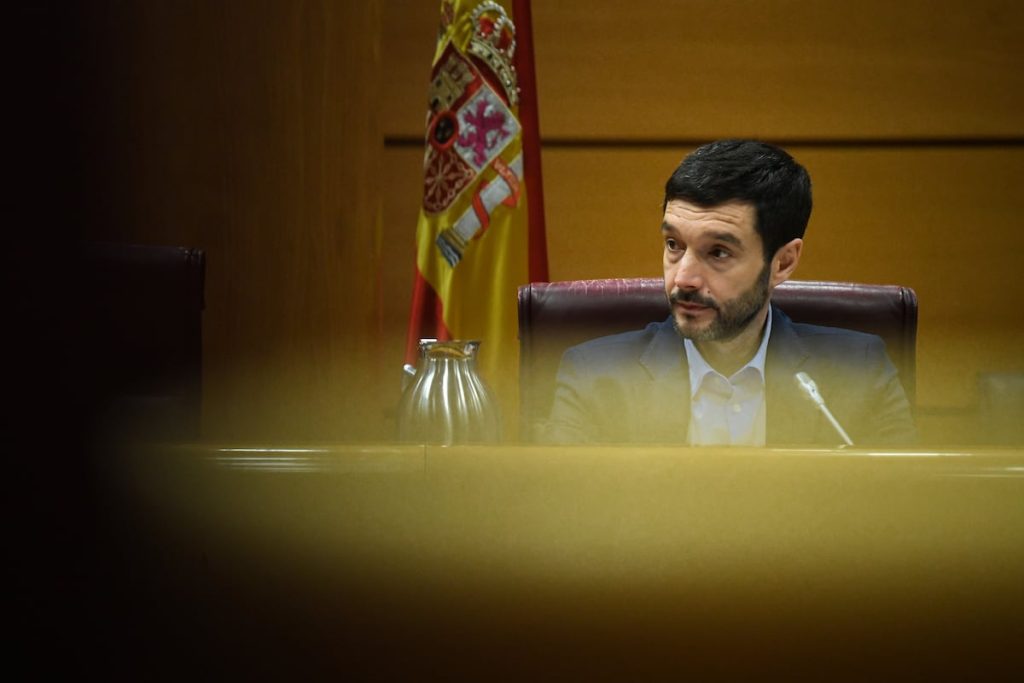In a week marked by two defeats for the Government and two split votes within the coalition at the start of the European campaign, La Moncloa decided to make a U-turn to save face and avoid a second vote by withdrawing the Land Law before it could be rejected. The decision to have two sensitive votes, the law against pimping and the Land Law, in the same week has left wounds. The timing of these votes sparked questions within the Government regarding the design and thought process behind it. The PSOE knew they would likely be alone in their initiative against pimping, but were willing to take a stand. However, the case of the Land Law was different. Some within the Government view it as a miscalculation. The lack of awareness of the potential backlash from the PP, who ultimately chose to oppose the law, caught the Government off guard.
The PSOE was aware that passing the Land Law with the investiture majority was impossible. ERC and Podemos were staunchly against it, hence their total amendment. The absence of their support left the equation incomplete. The hope was to quietly pass the law with the PP, but after their defeat on Tuesday and the PP’s decision to oppose, the situation changed. The PP saw an opportunity to strike a blow to the Government, despite pressure from the construction sector and supportive mayors. The Government, to prevent this blow, partially withdrew the law. After the elections, it will be up to the groups to reactivate it, but it will only pass if the PP decides to support it.
The tensions of the week have left wounds within the coalition. The PSOE expressed discontent with Sumar for contributing to the perception of division within the Government with their “no” vote. Sumar argues that they had previously expressed their opposition to the law in writing but had not been included in the Government agreement. Both sides acknowledge discrepancies in their discussions regarding the law, with Sumar focusing on fundamental differences and the PSOE considering them as points to be resolved through amendments. Despite the current tensions, both parties are confident that the coalition will continue and any wounds will be healed after the elections.
The PP believes that the events of the week demonstrate the inviability of the legislature and the inability of the majority to agree on sensitive issues. However, sources within the Government insist that privately, all groups express their commitment to support the continuation of the legislature, post-elections. Despite the setbacks, there is optimism within the Government that the majority will regroup and move forward with relevant initiatives. The current scenario, with tensions within the coalition and upcoming European elections, will test the strength of the coalition post-elections.
The uncertainty lies with the other partners, especially ERC, Podemos, and Junts. Despite the current challenges, there is a shared desire among these parties to continue with the legislature, partly due to the significance of certain laws and the strategic importance for their respective parties. The Government is hopeful of steering the legislature in a positive direction post-elections and beginning discussions on key issues such as the Budget to solidify its position. Despite the unpredictability of Spanish politics, there is a sense of determination to navigate the challenges and move forward as a coalition.


